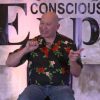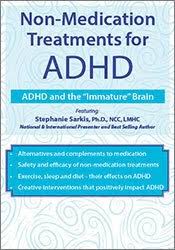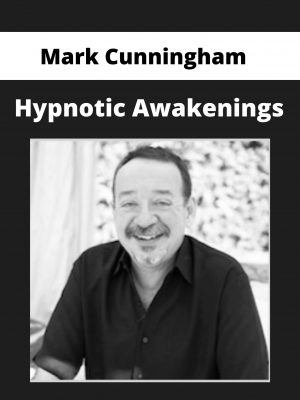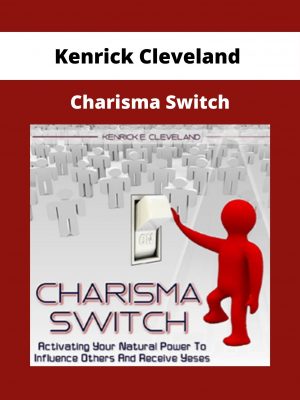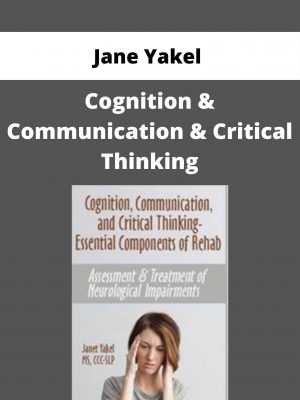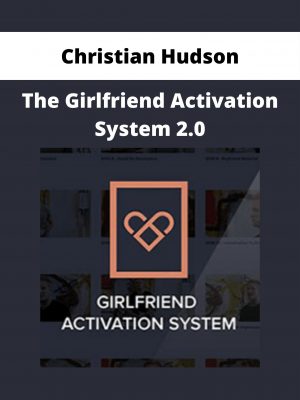Stephanie Moulton Sarkis – Non-Medication Treatments for ADHD, ADHD and the Immature Brain
$200 Original price was: $200.$75Current price is: $75.
Shopping Instructions:
- DISCOUNT 15% : SHOP15
- Product Delivery: Within 1 – 12 hours after purchase.
Available for Pre-Order. This product will be available within a few days.
Stephanie Moulton Sarkis – Non-Medication Treatments for ADHD, ADHD and the Immature Brain
In your practice, you will find clients/patients with an ADHD diagnosis who prefer not to take medication. There are various reasons for this – and in this seminar recording you will learn these reasons, and you will learn what other treatment options are available. The more you know the “whys” of your client’s choice of treatment, the better quality of care you can provide them. You will learn about the medications available for treating ADHD, including the benefits and side effects. You will learn the myths surrounding medication, and how to help your client/patient make the most informed choice about their treatment.
Not only will you learn the most common non-medication treatments for ADHD in this seminar recording, you will also learn the safety and efficacy of each treatment. This information is very valuable when considering referring a client/patient for ADHD treatment. You will also learn how much these treatments cost, and if the possible benefits outweigh the financial impact on the client/patient.
The use of nutraceuticals/supplements will be discussed – both how they can impact the central nervous system and why it is important to find a producer with good quality assurance. You will also learn how diet can make a difference in treating ADHD – but not in the way you might think. You will also learn more about the research purporting a link between pesticides and ADHD. Dr. Sarkis, a psychotherapist and published author with more than 15 years of experience in treating ADHD, will show you the path to determining the best ADHD client/patient treatment.
- Characterize the benefits and drawbacks of non-medication treatments for ADHD versus medication treatment
- Determine the most common non-medication treatments for ADHD
- Identify the reasons why many patients/clients request non-medication treatments
- Synthesis the safety and efficacy of non-medication treatments for ADHD
- Determine whether the benefits of alternative treatments outweigh the costs to the patient/client
- Evaluate how nutraceuticals/supplements and diet may or may not influence symptoms of ADHD
Would you like to receive Stephanie Moulton Sarkis – Non-Medication Treatments for ADHD, ADHD and the Immature Brain ?
Non-Medication Treatments for ADHD: ADHD and the “Immature” Brain
- Brain imaging evidence of ADHD
- Genetic links of ADHD
- Research regarding ADHD brain development
- Frontal lobes mature more slowly in the ADHD brain
- Implications for treatment
Traditional Treatments for ADHD
- Medication
- Stimulants
- Non-stimulants
- Parents’ concerns about medication
- Counseling
Movement Techniques
- ADHD brain has a low level of a brain chemical called dopamine
- Movement raises dopamine levels
- Role of rhythm and timing in the ADHD brain
- Exercise
- Integrated movement systems
- Yoga
- Karate
Frontal Lobe/Working Memory Training
- Improving cognitive abilities
- “Brain Gym”
- Integrative listening systems
- “Tomatis Method”
- Interactive Metronome
Vestibular and Cerebellar Exercises
- Deficits in inner ear
- Dyslexia dyspraxia attention treatment (DDAT)
- Sensory Integration Therapy
- Sensitivity to texture, touch, smells
- Synthesia
- Treatments
ADHD and Nervous System Overstimulation
- Nervous system is “overcharged”
- Breathwork and movement for nervous system calming
- Meditation
- Creative visualization
- Neurofeedback
Physical Body Work
- Massage
- Chiropractic treatment
- Repetitive Transcranial Magnetic Stimulation
- Acupuncture
Environmental Influences
- Television/video games
- Sleep deprivation
- Second-hand smoke
- Environmental toxicity
- Lead poisoning
- Studies regarding link
- Changes to the environment
Supplements/Nutraceuticals
- Supplements
- Not regulated by FDA
- Pharmacopeia seal
- Omega 3-6-9
- Study shows people with ADHD do not absorb Omegas as well as others
- Data on effectiveness
Diet
- Food additives
- Food allergies
- Pesticides
- Recent study regarding ADHD risk and pesticides
- Is organic really necessary?
- Optimal diet for ADHD
Related products
NLP & Hypnosis
NLP & Hypnosis
NLP & Hypnosis
NLP & Hypnosis
NLP & Hypnosis
NLP & Hypnosis
NLP & Hypnosis


